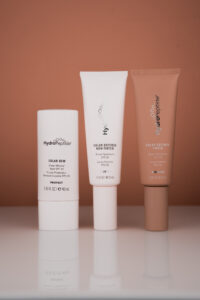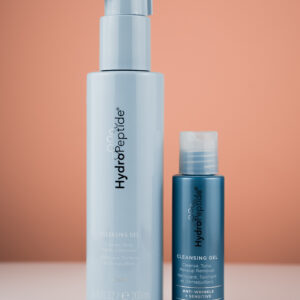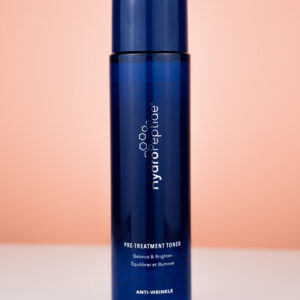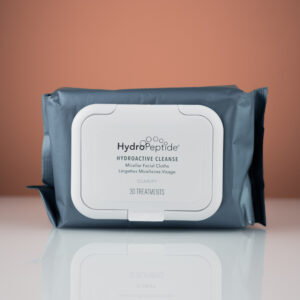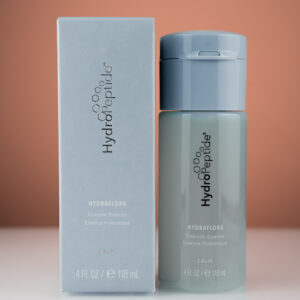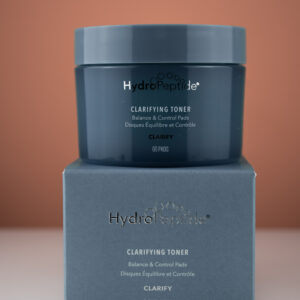On any given day, when you visit our social media, you’ll likely come across posts urging you to “apply your sunscreen!” and “don’t forget your SPF!” We understand that the constant reminders may become tiresome for you, however we are firm believers in the importance of SPF and shielding your skin from UVA, UVB, and UVC rays, so let’s dive deeper into why this protection is crucial. By gaining a deeper understanding, you might appreciate our messages a bit more and grasp that our emphasis goes beyond just alphabets; we are dedicated to safeguarding your DNA.
Did you know:
- –> The Earth receives 95% of UV radiation in the form of UVA, while the remaining 5% is known as UVB.
UVA has the ability to penetrate deep into the skin, causing disruptions to DNA, cells, proteins, and essential molecules necessary for bodily stability. Remember UVA as the “A” for aging, as it contributes to premature aging by penetrating even through windows due to its longwave depth.- –> UVB, categorized as shortwave radiation, has the ability to penetrate the outermost layer of the skin and therefore we remember UVB as the “B” for causing the skin to burn. UVB plays a major role in development of cancer by causing genetic mutations. UVB can penetrate through clouds, this is why we encourage you to wear sun protection on cloudy days here in Newfoundland, as more people burn on a day of overcast than a day of full sun.
- –> UV rays are carcinogenic, three to five bad (blistery) burns in your lifetime is enough to increase your likelihood of skin cancer by 80% !
So what is reactive oxidative stress? Why does spectrum keep warning us about it?
Oxidative stress results from an imbalance between free radicals and antioxidants, leading to cell damage. Specifically, UV rays, especially UVA, trigger reactive oxidative stress in the skin, causing the production of inflammatory cytokines and reducing collagen production. Inflammatory cytokines act as a defense mechanism in the body. Excessive reactive cytokines can initiate a chain of inflammatory reactions, leaving your skin in an impaired epigenetic condition.
Epigenetics refers to behaviors and environmental factors that can alter or influence the functioning of our genes. In contrast to genetic alterations, epigenetic changes can be reversed.
Fortunately, Hydropeptide has developed their entire skincare range around epigenetics, focusing on combating free radicals.Their brand is dedicated to repairing and reversing the damage caused to the skin by free radicals, while also safeguarding the body against potential DNA harm in the future.
Here’s A Quick Recap
- –> Too much sun = Oxidative stress
- –> Oxidative stress = Damaged DNA cells/epigenetic damage, and damage to the ability of our bodies to detoxify these reactive products (free radicals – yuck!) 90% of visible signs of aging are related to UV exposure.
- –> Wearing a broad spectrum SPF of at least 15 daily (don’t forget to reapply throughout the day) can lessen your chances of getting skin cancer by 40%!
Therefore, EVERYONE can benefit from using quality sunscreen daily.
“What can we do to protect our skin Melanie?!”
A study featured in the Dermatology Surgery journal revealed a remarkable finding! After consistently using broad-spectrum SPF for just one year, there was a notable enhancement in the clinical assessment of photoaging (aging due to sun exposure).The research showed a 40-52% improvement in hyperpigmentation from the starting point, and all participants experienced better skin texture and clarity. This demonstrates that incorporating high-quality sunscreen into your daily skincare routine can not only prevent damage but also RESTORE your skin. While any broad-spectrum sunscreen used daily can protect your skin, clinical-grade sunscreens with superior ingredients and concentrations can reverse damage caused by free radicals.
How do I know if my sunscreen contains the key ingredients to help my skin?
Broad spectrum sunscreen protects our skin from both UVA and UVB rays and therefore is very important. What makes sunscreen more protective and even reparative is if the product includes quality antioxidant ingredients. These antioxidants can help reduce damage that UV rays can cause to the skin,
Here is what you should look for in the ingredient makeup of your sunscreen:
- + Zinc Oxide = A physical sun blocker. Protects against UVA & UVB damage without leaving a white, chaulky appearance.
- + Hyalauronic Acid = A humectant that draws hydration into the skin for a softer moisturized look and feel.
- + Aloe Vera = Antioxidant and anti-irritant. This ingredient helps to calm and sooth sensitivities.
- + Sunflower Oil = Softens and smooths the skin
- + Safflower Oil = Crucial antioxidant that contains high levels of vitamin E, which fights oxidative stress
- + Niacinamide – Vitamin B3 antioxidant that protects the skin against free radicals
We suggest Hydorpeptide’s products for antioxidant rich sun protection.
- – Hydropeptide’s Solar Defense Body contains both aloe vera and vitamin E (antioxidants listed above), in addition to venuceane which is an anti-aging photo-protective agent, as well as relipidium which encourages lipid production for rebuilding and protecting the skin barrier .
- – Hydropeptide’s Solar DefenseTinted AND Non-Tinted have all the same ingredients as one another such as zinc oxide, aloe vera and hyalauronic acid. Solar Defense Non-Tinted does however have a higher mineral concentration to give it a higher SPF value. The only other ingredient difference is that Tinted is fragranced, Non-Tinted is not, and of course the tint.
- – Hydropeptide’s NEW Solar Dew is unique to your other options within our store. It has a serum consistency and an spf value of 30. It’s designed for sensitive or inflamed skin so that it doesn’t add any pore clogging properties and helps to reduce inflammation, and maintain a healthy skin barrier.
